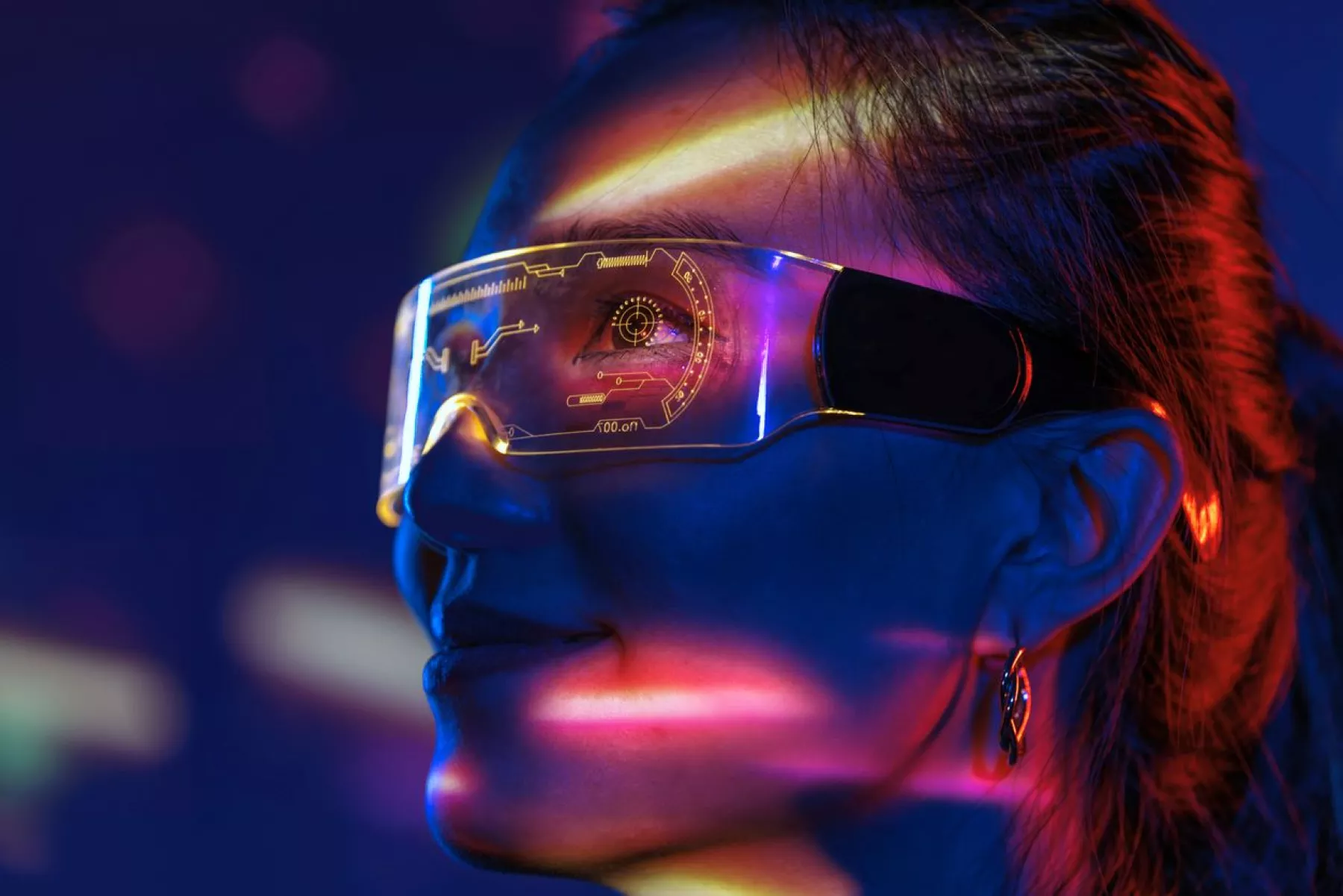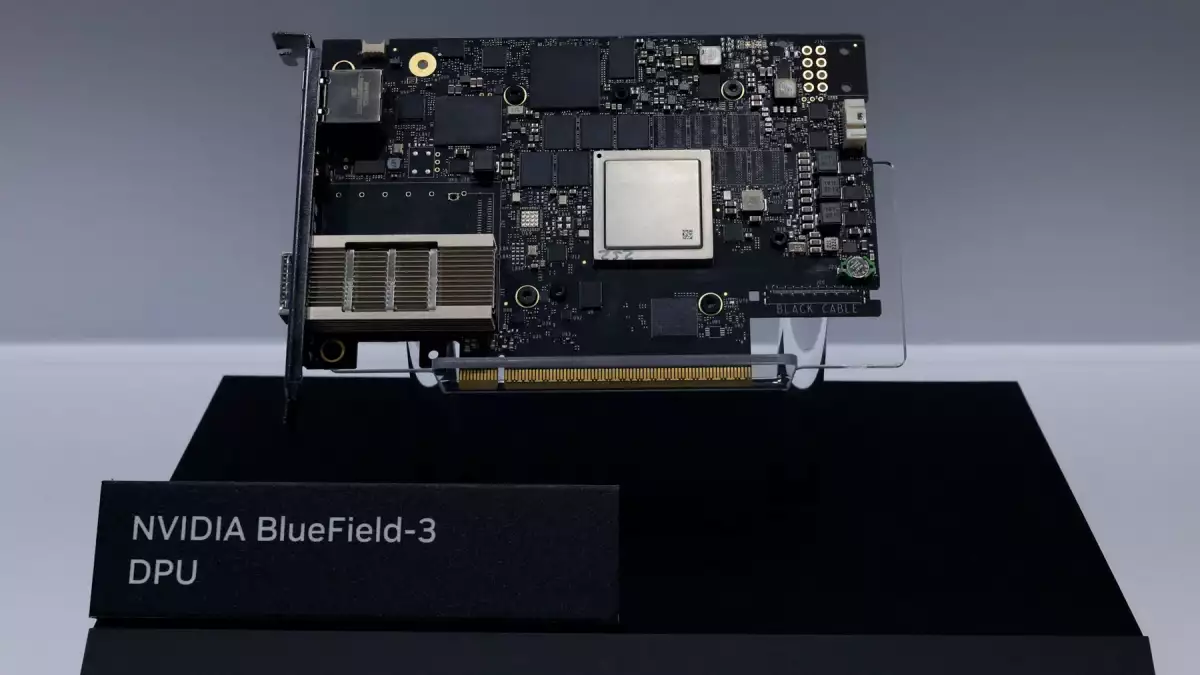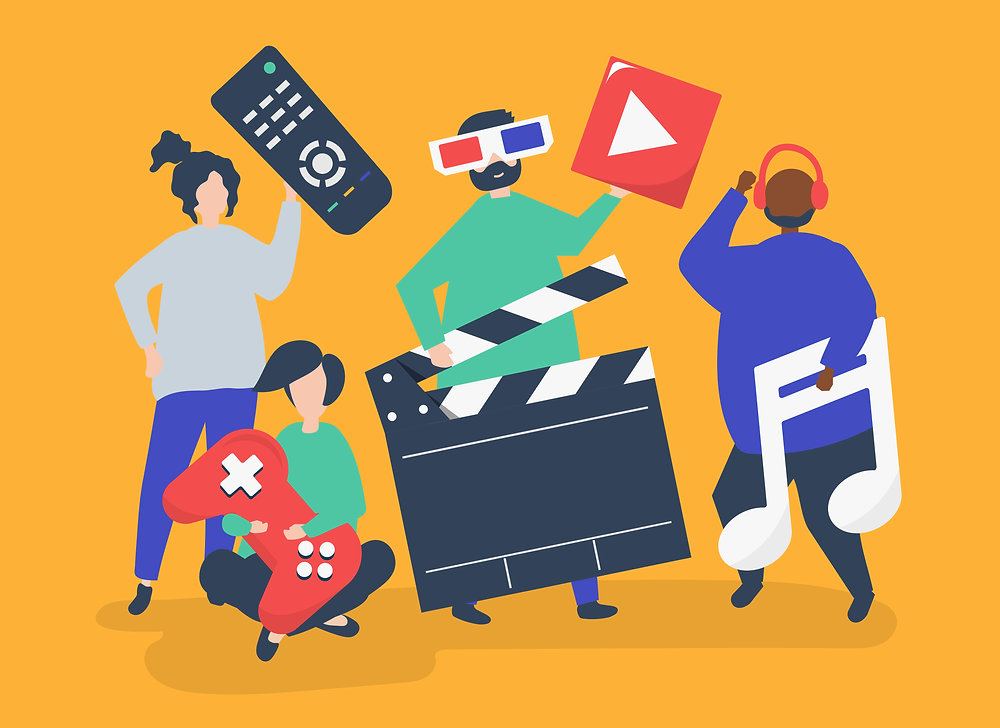
The entertainment revolution: creating experiences with purpose
Isolation due to the pandemic led us to question what we were investing our time in, what experiences made us feel alive, and what our true passions were.
(Expansion) - The last few decades have brought radical changes in the way people experience and relate to culture, sport, art and entertainment. Throughout history, evolution has been constant, but rapid digital and technological advancement has completely transformed the rules of the industry.
In the fabric of modern societies, culture plays an essential role in binding together the social fabric, directly impacting the way we perceive our reality and defining roles as consumer or producer/creator. With technological progress, we are given the freedom to choose whether we are players or spectators; however, regardless of the role, we are all contributors to the creative expressions that shape our societies.
Until shortly before the pandemic, entertainment was mostly experienced in person, considering digital simply as an additional channel of diffusion. However, isolation led us to question what we were investing our time in, what experiences really made us feel alive, and what our true passions were.
All of these questions are directly related to entertainment, looking at it from a perspective of spending pleasant time. As creative beings by nature, we have been able to take advantage of this moment of introspection to overcome the dichotomy between digital and physical, giving way to the Phygital era . Although we still face challenges in the development of hardware and software, the focus must come based on the purpose and efforts to educate an industry that is governed by the need to reflect the ego in its idols.
Today, having experienced the virtual world's ability to expand entertainment offerings and demonstrate a new way of creating content, connecting with audiences and bringing entertainment into an era of innovation, the industry must seek the perfect combination between the physical and the digital. This fusion, known as ' phygital ', would allow entertainment development to be taken to a level that takes advantage of the advantages of both parties, creating a revolutionary model in which consumers are no longer mere spectators, but become an integral part of the experience.
The convergence of the physical and the digital has unleashed a range of possibilities. With virtual experiences and unique experiences, it is possible to redefine the relationship between consumers and brands. These innovations diversify entertainment options, and foster a deeper and more personal connection with art and culture through communities. Artists have the opportunity to sell original content, such as artwork, music, merch and exclusive digital cultural assets, opening up new sources of income and providing greater traceability of transactions.
Mexican brands have understood that the contemporary consumer is looking for more than just fun; they long for deeper connections with brands, those that guide them through technological, environmental and cultural challenges. This has been reflected in the behavior of the digital consumer at various stages of the process. We have seen a change promoted by technology in the way communities are structured and connected, generating that the actors in the sector are now prosumers.
One way to take advantage of the potential of “prosumption” is to create “Purposeful Entertainment” experiences, which involve consumers in the co-creation of profitable initiatives and/or the support of social causes. These can combine playful and educational elements to generate a positive impact on communities. For example, activities could be designed to raise awareness of issues such as diversity, inclusion, the environment, social or charitable aid, among others. This creates added value for the entertainment industry in Mexico, which currently invoices around 25 billion dollars a year according to Statista , and for society in general, which would benefit from projects that promote the common good.
Prosumerism in entertainment involves a transformation in the way we conceive the relationship between consumers and creators. By adopting a shared purpose approach, experiences can be established that are not only economically profitable, but also socially and culturally, by creating, collaborating and sharing with others.
In this sense, the industry becomes an agent of social change that drives awareness and positive action. “Prosumerism”, in entertainment with a purpose, meets the demands of an increasingly conscious and engaged audience, emerging as a path towards a more ethical, involved industry in harmony with the needs and values of society.
The entertainment industry has adopted various technological tools over the years, from social media to Web 3.0, which serve as a bridge and allow for much more participatory experiences. It is the responsibility of those of us who work in the industry to raise awareness of the impact on the lives of entertainment communities and we have the responsibility of turning physical-digital communities into the epicenter of this revolution.
Leave a comment:


Tranding News










